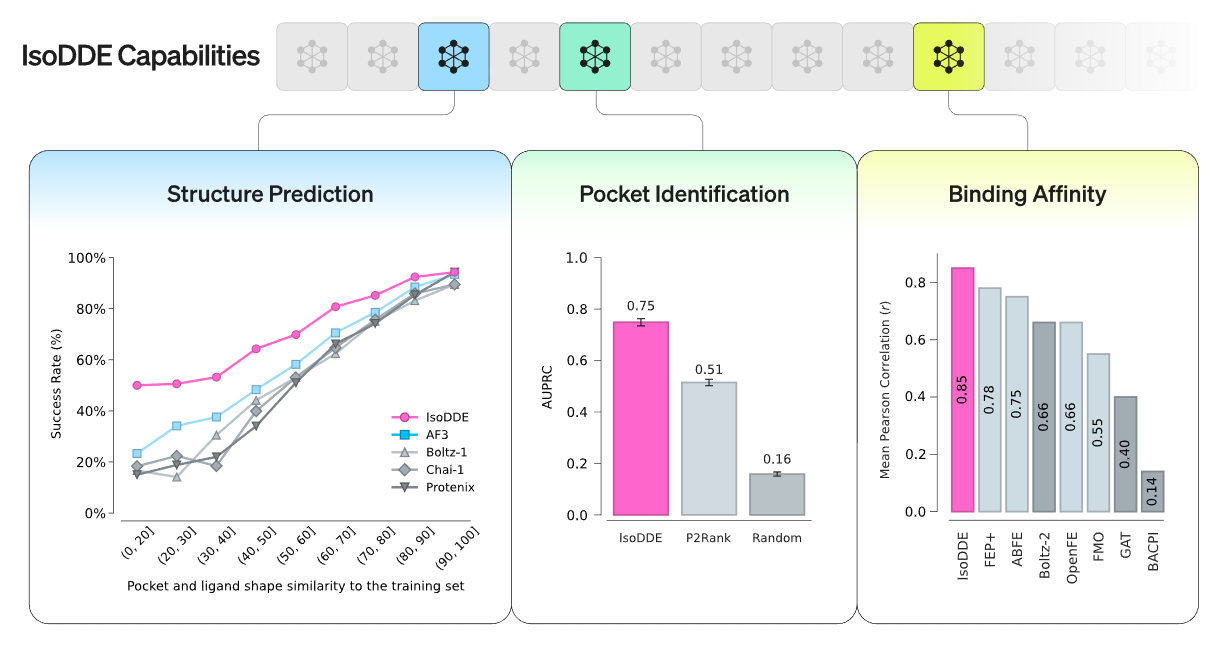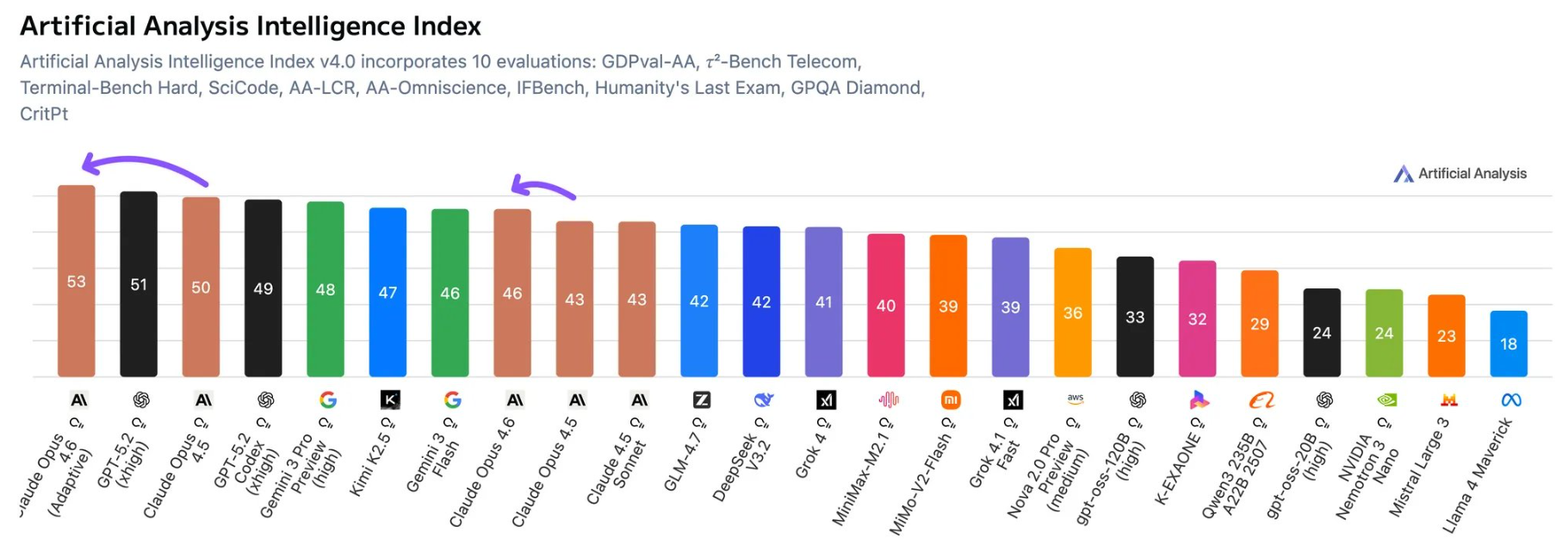OpenAI has upgraded Deep Research in ChatGPT. The feature now runs on the new GPT-5.2 model, as OpenAI announced on X. A key addition is that users can connect apps to ChatGPT and—potentially very useful—search specific websites. The search progress can also be tracked in real time, interrupted with questions, or supplemented with new sources. Results can now be displayed as full-screen reports.
Until now, Deep Research—which launched in 2025—ran on o3 and o4 mini models. OpenAI considers it the first "AI agent" in ChatGPT, since the system independently kicks off multi-stage web searches based on the user's query before generating a response.
That said, even web searches don't protect against generative AI errors, and the longer the generated text, the higher the risk of mistakes. In everyday use, targeted search queries with capable reasoning models are often more reliable. Web search significantly reduces hallucination rates overall, but doesn't eliminate them.




